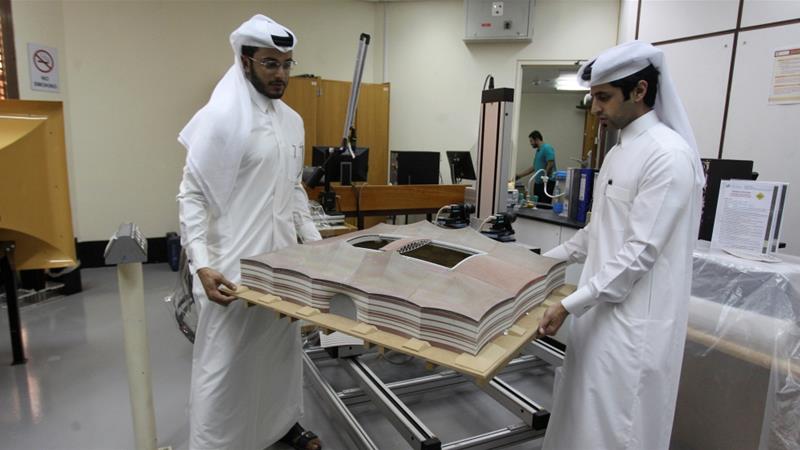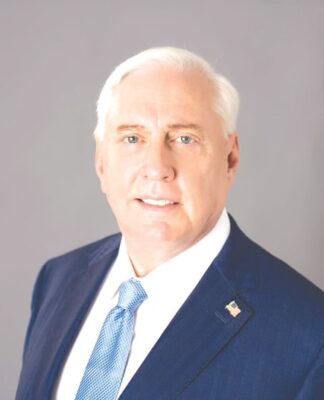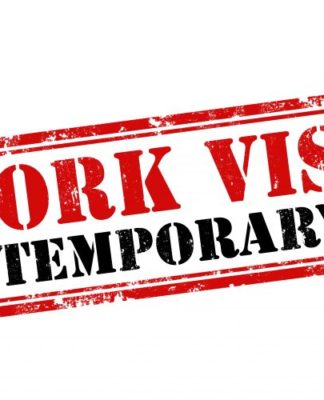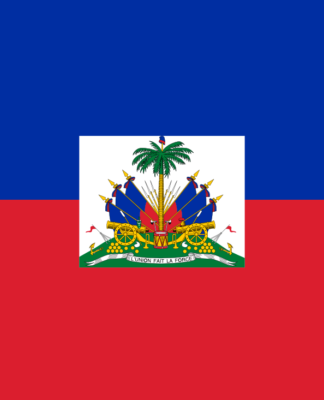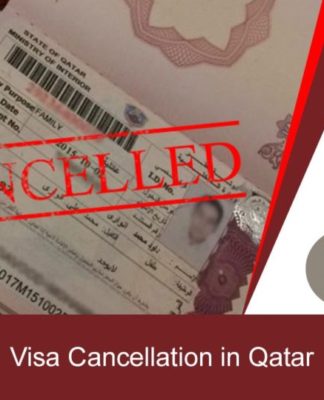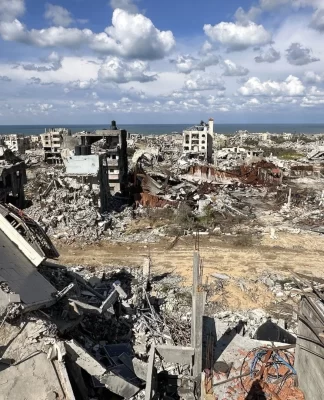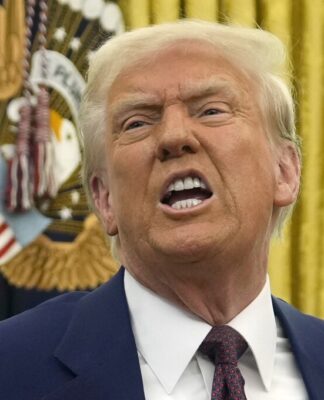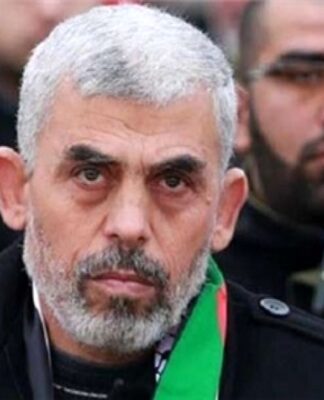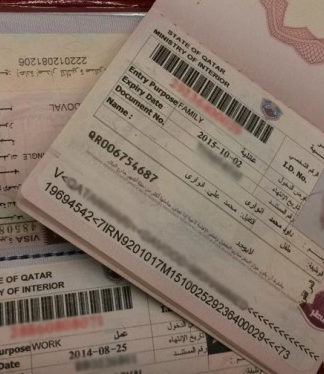![Making Qatar 2022 a 48-team tournament is not a good idea Mechanical engineers show a 3d-printed model of Qatar's Al Bayt stadium, which will host a World Cup semi-final in 2022, at a laboratory at Qatar University in Doha, Qatar [braheem Al Omari/Reuters]](https://www.aljazeera.com/mritems/imagecache/mbdxxlarge/mritems/Images/2018/5/14/0aa067f77c2b467fa2623367deb4ddae_18.jpg)
Recent reports in Western media suggest that the expansion of the World Cup from 32 to 48 teams could take place four years ahead of schedule to allow FIFA to reap the financial rewards of a larger tournament, estimated to be an added $1bn in revenue.
While a likely occurrence for the 2026 tournament, rumours continue to surface that Qatar 2022 could see the first iteration of this new, expanded format. If such expansion occurs, it presents a fresh batch of problems to a host nation that has already been the subject of much condemnation.
Qatar has largely addressed these criticisms, mainly by improving the situation of its migrant workers. The sudden spectre of being asked to host a 48-team tournament does throw a sizeable spanner in the works, however. Eight stadiums for a 32-team tournament is more than doable within the already abbreviated timeframe of a winter World Cup, given that all games will be played in and around the environs of Doha, not requiring much travel time for players and fans alike.
How would Qatar – already working around the clock to cater for the needs of 32 nations, 64 games and the hundreds of thousands of fans eager to support their teams – allow for another 16 teams, not forgetting, of course the extra games and extra fans it would have to host, in the allotted schedule?
For a start, before it ever began to think of where to accommodate spectators, it would need to re-up its minimum number of stadiums back to twelve to cater for the extra games. Such a task is an enormously difficult one, even for a nation with the financial muscle of Qatar.
One solution to this problem that has begun to appear with increasing regularity in Western media is to share the event with Saudi Arabia and the United Arab Emirates (UAE). It is easy to see why such an option is logistically appealing to FIFA.
|
|
It would immediately ease any potential concerns about stadiums being unfinished in the lead up to the tournament. Adding the domestic fan bases in Saudi Arabia and the UAE, as well as those who could travel overland with greater ease from surrounding countries such as Jordan and Oman, the prospect of empty stadiums for less glamorous games isalso offset.
Both nations have experience hosting FIFA tournaments, albeit on a much smaller scale. Saudi Arabia hosted the U20 World Cup in 1989 and the earliest iterations of the Confederations Cup through the 1990s, while the UAE has hosted the World Club Cup on several occasions over the past decade.
Given FIFA President Gianni Infantino’s recent visits to both countries, it would seem that FIFA may have already begun to explore the viability of this option of transforming their global showpiece into a 48-team affair in 2022 four years earlier than anticipated. The question remains, come June 13, will FIFA ask Qatar to share their World Cup?
Such a request would expectedly be met with a stout refusal from Qatar, even more so given that the embattled emirate has been the victim of a blockade led by Saudi Arabia and the UAE since June 2017. Putting such geopolitical complications aside for a moment, how would FIFA sell this idea to a Qatari nation that has already invested billions of dollars and weathered much criticism to ready their country for the world’s most-watched sporting event?
Allowing it to retain the opening ceremony, the final and other marquee matches, FIFA could argue that Qatar will remain the face of what will be the first Arab World Cup. It could point out that the inordinate millions that would have to be spent on four extra stadiums and added infrastructure could be reassigned to projects more conducive to Qatar achieving its 2030 National Vision.
Much more significantly, however, FIFA might suggest that a public willingness by Qatar to share its World Cup could lead towards a possible thaw in the chilly relations currently existing between Qatar and its Gulf neighbours. For a tournament to successfully take place, dialogue would have to begin, political bridges rebuilt, land borders reopened, and quite possibly, fractured relations between the estranged nations might be repaired.
The end-result would be that FIFA gets the World Cup it wants, with its reputation as the proprietor of a game that brings people together solidified even further. The very enticing surplus television revenues of a 48-team tournament would, of course, be a bonus.
Yet if such a dream were to become a reality, it would place FIFA in a rather unusual situation. While they directly forbid political interference in the sport, the thought of Infantino or any of his proxies actively encouraging Qatar to allow Saudi Arabia and the UAE a share of the tournament would appear to permit the reverse of this decree – the interference of sport in politics.
Surely it is within FIFA’s interest to keep both as far apart as possible rather than bringing them together, even if it means losing out on the honeypot of added television revenues until 2026?
Additionally, while an Arab World Cup would be Infantino’s presidential campaign promise to globalise the game come true, it could also bring with it some unforeseen problems FIFA has not yet considered.
Qatar has done some laudable work on addressing the concerns of the cultural West in preparation for their World Cup, so much that Sharan Burrows, General Secretary of the International Trade Union Confederation, has recently described the Gulf state as a role model to others in the region.
Would the UAE or Saudi Arabia be prepared to make such social changes? Recent reports about the abuse of migrant workers during the construction of the Louvre Museum in Abu Dhabi or the continuing violations arising from the kafala (worker sponsorship) system in Saudi Arabia suggest otherwise.
Perhaps it is better for Infantino to let sleeping dogs lie on June 13 and leave Qatar’s World Cup as it is.
The views expressed in this article are the author’s own and do not necessarily reflect Al Jazeera’s editorial stance.










